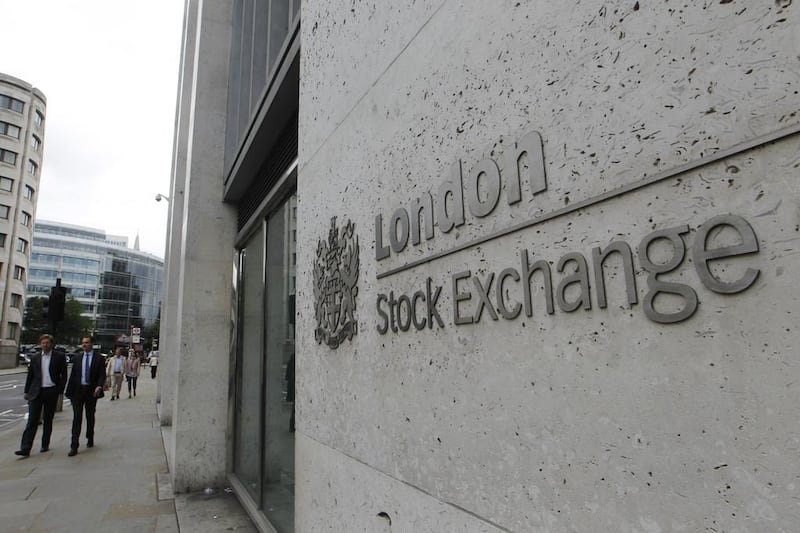The London Stock Exchange (LSE) has been targeting potential sovereign and corporate debt issuers from the Gulf for the new International Securities Market (ISM) that it launched this month.
Executives from the exchange have been in the region in recent weeks promoting the new market, which has been created as an additional market for organisations to issue bonds that will be traded by institutional investors.
The move comes as GCC countries have been issuing record amounts of sovereign debt to plug budget gaps amid lower revenues from oil.
Further, the LSE’s attempt to attract sukuk investment places it into competition with Nasdaq Dubai, which is currently the biggest sukuk market in the world by value. Overall sukuk listings in Dubai now stand at US$53.5 billion, $51.4bn of which has been raised via Nasdaq Dubai.
The ISM began trading on May 8, with the first bonds to trade being a “masala” bond issued by India’s National Thermal Power Corp, and an existing additional tier 1 capital (AT1) security that had initially been issued by the UK bank Virgin Money last November.
Speaking to The National in Dubai this month, Darko Hajdukovic, the LSE's head of analytics, fixed income and funds, argued that the ISM offered investors the security that new issuances would be properly vetted, but also offers debt issuers a speedy listing service and, in many cases, a lighter load in terms of bureaucracy.
He said the rule book created for the ISM has been tailored to make it easier for existing debt issuers to list products like AT1s, contingent convertible (CoCo) and other types of convertible bonds, as well as sukuk.
For instance, firms that have already listed equity or debt securities will not be forced to publish supplementary prospectuses.
“None of this is reducing the quantum of information, but it is actually utilising the fact that the issuer is already publishing this information. The investors are not left short with any disclosures, however we are able to reduce the costs for issuers of securities in this market,” said Mr Hajdukovic.
He said there were separate rules for sovereign issuers “where we have taken the best practices of the last decade and embedded it within the rule book”.
“It is the efficiency with which we review the documents which will be key, because again sovereigns also come to the market to make use of particular windows,” said Mr Hajdukovic.
He also argued that the LSE had carefully considered the requirements for sukuk, and had decided against setting up a prescribed section for Islamic bonds.
“We decided deliberately not to be prescriptive in the way these transactions are structured, but to give issuers a choice,” said Mr Hajdukovic.
“Sukuk can be structured in a number of different ways. Issuers can think of a sukuk transaction that best suits what they want to do, and then they can look at the rule book and see what disclosure requirements they want to put in using different pieces from the rule book.”
Last year was a record for sovereign issuance by GCC governments, according to a study produced by Moody’s in March, as countries cope with budgetary stress caused mainly by declining oil revenues.
Moody’s said that $38.9bn of international bonds were issued by GCC governments last year, which represented 37 per cent of the total debt issuance in the region. Demand from international investors proved strong, with issues by Saudi Arabia, Bahrain and Abu Dhabi all heavily oversubscribed.
Moody’s said that it expects issuance to remain high in 2017, although last year’s record will not be surpassed.
mfahy@thenational.ae
Follow The National's Business section on Twitter







